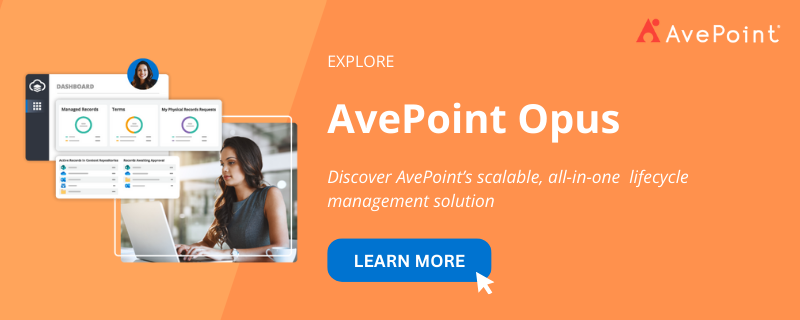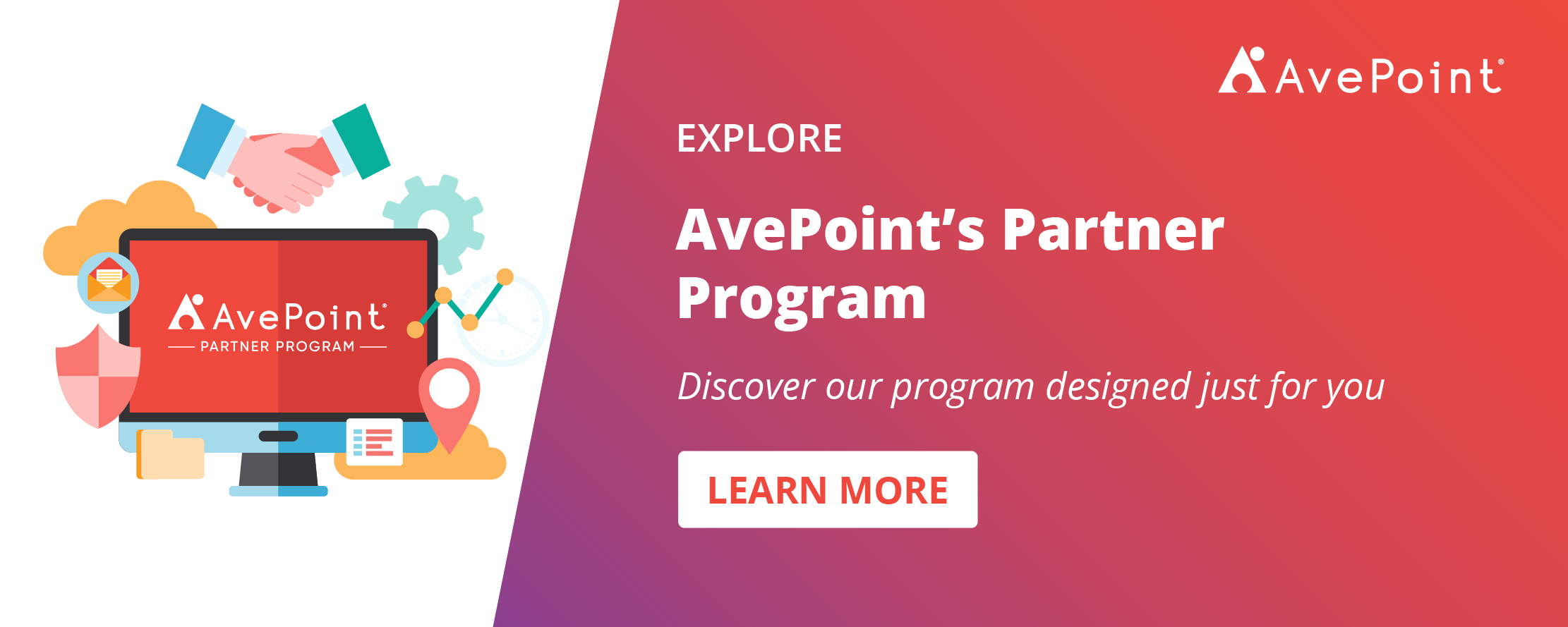How to Build a Risk Assessment Service for AI Readiness

As generative artificial intelligence (AI) continues to become more integrated into daily business operations, ensuring robust data security and data governance is critical. These are no longer simply compliance checkboxes – today, they are critical business enablers. According to Gartner, organizations that implement strong data governance frameworks experience a 66% improvement in data security and a 52% reduction in compliance breaches. These statistics underscore the significant impact that effective data management practices can have on operational efficiency and security.
By offering a comprehensive risk assessment service, Managed Service Providers (MSPs) can unlock numerous benefits:
- Enhanced Client Trust: Demonstrating a commitment to data security and governance builds trust and positions you as a reliable advisor.
- Revenue Opportunities: Data governance services are in high demand. Providing these services can open new revenue streams and business opportunities.
- Operational Efficiency: Implementing automated tools and processes reduces manual workload, increases accuracy, and enhances overall efficiency.
- Competitive Differentiation: Offering specialized services like AI readiness through data governance sets you apart from competitors.
To position yourself as a trusted data security advisor and help your clients prepare for AI like Microsoft 365 Copilot, consider the following elements when building a risk assessment service:
7 Key Elements for a Scalable Risk Assessment Service
1. Comprehensive Data Inventory
Begin with a detailed inventory of all data assets. This involves identifying where data resides, who has access to it, and how it is currently being used. Understanding the data landscape is essential for identifying potential risks and compliance gaps.
2. Initial Risk Assessment
The next step in building a robust risk assessment service is to conduct an initial risk assessment. This process involves:
- Scanning the Microsoft 365 Environment: Utilize AvePoint Insights to perform a comprehensive scan of the client’s Microsoft 365 environment. This scan identifies potential security risks and governance issues, such as over-sharing of documents, unauthorized external access, and the presence of sensitive content.

- Generating a Detailed Risk Report: Based on the scan, generate a detailed risk report that highlights key issues and gaps in the client’s data security posture. This report should categorize risks by severity and provide a clear overview of the current state of data governance. Policies provides an out-of-the-box Risk Assessment Report that shows high-risk items that require immediate action. The report can also be used as a benchmark for the environment’s progress over time.
- Consulting with Clients: Schedule a consultation with the client to review the findings. Use this session to explain the identified risks and discuss potential remediation strategies. This step is crucial for setting the stage for a collaborative approach to enhancing data security.
3. Comprehensive Remediation
Once the initial assessment is complete, the next step is to remediate the identified risks. This phase involves several key activities:
- Manual and Automated Fixes: Address the issues highlighted in the risk report using a combination of manual interventions and automated tools. AvePoint Policies can automate policy rules to limit oversharing, and Insights can automatically correct certain types of risks, such as over-permissive sharing settings or unapproved external access.
- Utilizing Additional Tools: Depending on the specific issues outlined in the report, it may require additional technology. For instance, AvePoint Fly can assist with data migration and consolidation, ensuring that data is stored in the appropriate locations with the correct permissions. AvePoint Opus can help with content lifecycle management, archiving outdated information, and ensuring compliance with data retention policies.
- Adjusting Microsoft 365 Settings: Work with the client to review and adjust their Microsoft 365 settings to align with their desired security and compliance strategy. This may include configuring security groups, setting up conditional access policies, and enabling multi-factor authentication to enhance overall security.

4. Strategic Content Management
Effective content management is a critical component of data security and AI readiness. In this phase, MSPs should focus on:
- Implementing Sensitivity Labels: Deploy sensitivity labels within Microsoft 365 to classify and protect sensitive information. Sensitivity labels allow clients to control access to their data based on the level of sensitivity, ensuring that only authorized users can view or modify the content. AvePoint Opus can help with AI-powered data classification, to help remove the burden of manual data classification on employees, which could take months, if not years.
- Applying Labels to Data: Work with clients to apply these sensitivity labels to their existing data. This process may involve bulk applying labels to large datasets and educating users on how to manually label new content as it is created. Implementing sensitivity labels can also be done through Policies based on file location, content, or metadata.
- Training and Education: Educate clients on the importance of sensitivity labels and how they affect Microsoft 365 Copilot’s behavior. Sensitivity labels can influence the way Copilot accesses and uses data, ensuring that AI-generated content adheres to the organization’s data security policies.

5. Automated Monitoring and Alerts
Implement automated monitoring systems to continuously track data access and usage. Automated alerts can notify you and your clients of any suspicious activities or policy violations in real-time, allowing for swift corrective actions. AvePoint Policies assists with enforcing rules set within the organization, provides notification of any configuration drifts, and automatically reverts these changes.
6. Regular Audits and Compliance Checks
Schedule regular audits to ensure ongoing compliance with data governance policies and regulations. Continuous evaluation helps identify new risks and ensures that data governance practices evolve with changing regulatory landscapes.
7. Ongoing Managed Services
The final step in building a risk assessment service is to provide ongoing managed services. This ensures that clients maintain a strong data security posture over time. Key activities in this phase include:
- Continuous Monitoring: You can use Policies and Insights to continuously monitor the client’s Microsoft 365 environment for new risks or compliance issues. Set up alerts and notifications to promptly address any emerging threats.
- Regular Reporting: Provide clients with regular reports on their data security status. These reports should include insights into policy compliance, user behavior, and any corrective actions taken. Regular reporting helps clients stay informed about their security posture and the effectiveness of the implemented measures.
- Proactive Auditing: Conduct periodic audits to verify that the client’s data security policies are being followed. This proactive approach helps identify potential weaknesses before they become significant issues.
- Consultative Support: Offer consultative support to help clients navigate complex data security challenges. This may include advising on best practices, assisting with policy development, and providing guidance on new security features or updates in Microsoft 365.

Join the AvePoint Partner Program
To offer these advanced services, become an AvePoint Partner. As a member, you’ll gain access to tools and resources designed to help you deliver top-notch data governance and security solutions to your clients. Benefits include:
- Access to AvePoint’s Solutions: Including the Copilot Readiness Kit and Storage Optimization Kit.
- Training and Certification Programs: Learn and grow your managed services practice with our solution certifications, advanced services training, NFR license access, and other free tools.
- Full Marketing and Sales Support: Benefit from our solutions with 24/7 live partner support, specialized sales enablement support, and worldwide co-sell support to help you expand your managed services practice.
- Technical and Business Support: Ramp up quickly with onboarding, go-to-market kits, and sales resources. Grow your services and earn more with AvePoint’s deal protection, sales rebates, co-marketing, lead sharing, and exclusive partner portal.

Bringing It All Together
The integration of AI in Microsoft 365 through Copilot presents a transformative opportunity for businesses. However, ensuring data security and compliance is paramount. By building a risk assessment service, MSPs can position themselves as indispensable partners in their clients’ AI journey.
Don’t miss out on this opportunity to elevate your MSP business. Learn more about the AvePoint Partner Program and discover how you can offer the Copilot Readiness Kit to your clients.

As Vice President of Content & Communications at AvePoint, Chris is responsible for all external and internal corporate marketing communications. Chris brings more than 15 years of experience to his role at AvePoint, previously holding roles at EisnerAmper, BASF, MetLife and CRM Magazine. Chris received two American Society of Business Publication Editors (ASBPE) awards for feature articles on salesforce.com and generational trends.



